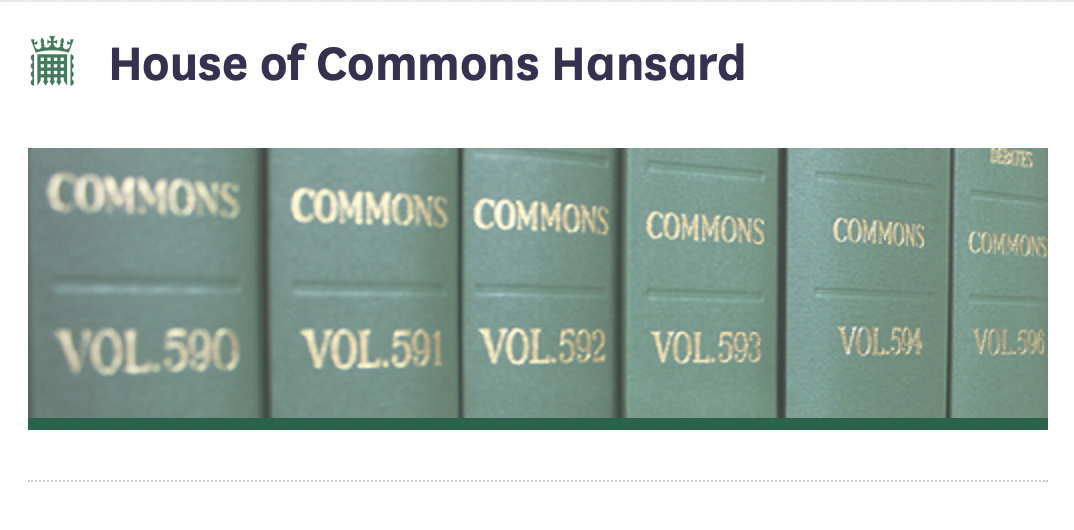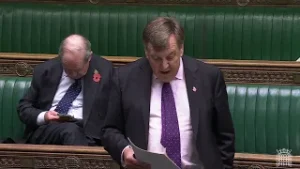I welcome my right hon. Friend’s statement, and I strongly agree that the tech companies need to do more to stop the spread of hate and incitement to violence. However, does he also recognise that the internet is a force for good and that many authoritarian countries—China and, now, particularly Russia—are attempting to impose censorship on it for their own repressive political purposes? Does he therefore agree that any measures we take need to be proportionate and targeted, and must not allow other countries, such as Russia, to claim somehow that they are acting for reasons similar to ours?
It is tempting to say that my right hon. Friend is asking the wrong person. As Security Minister, I see daily how paedophiles, organised crime, groomers and terrorist recruiters use the internet as not a force for good. As we speak, the internet is being used to undermine our own democracy.
My right hon. Friend makes a valid point that, in places where there is no democracy and no rule of law, the internet is sometimes people’s only hope to engage with free thought and the outside world. We have to be very careful about how we balance that but, nevertheless, we know these companies can remove extremist content very quickly when they put their minds to it.
There are certain areas on which we all agree. I cannot find anyone in the world who would support allowing child sexual exploitation images to exist on our internet. Violent extremism, beheading videos and bullying online cannot be acceptable in any society. We can all agree that a number of activities should not be allowed or available on the internet without someone taking responsibility for preventing the broadcast or spreading of it. All of us in this House have to try to navigate that fine line, and we will debate it when the online White Paper comes before us.

